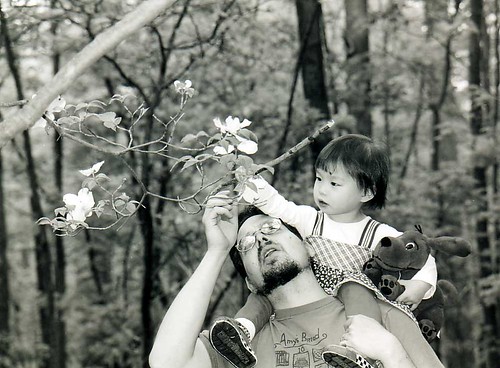|
|
🦋 Camerawork in Hernán Rivera Letelier's prose
One key distinction to be made between El arte de la resurrección and a Bruegel painting, of course, is the direction, the cinematic quality of the former. If I stand looking at "The Battle between Carnival and Lent" it keeps me engaged, keeps my gaze shifting; but I am "directing" the movie by moving my gaze. Whereas here, there is clearly a cameraman showing us where to focus and what to move to the periphery. Check out this beautiful pan from the plaza to in front of the union hall, from chapter 7 -- reminds me a little of the opening shot from Heimat. The striking workers in La Piojo are waiting for their lunch, in front of the union hall:
Even from a distance one could see that chaos reigned, everything in a rambunctious disarray: a few kids, stick in hand, trying to keep at a distance the group of stray dogs that had assembled, attracted by the aroma of food, while a few well-built gaucho types were greasy with sweat, gathering and splitting wood for the fire; the group of women inside was sweating too, in their aprons cut from canvas flour sacks, their cheeks smudged with soot, they were ladling out dishes of the hot, steaming stew to the tight line of men, women, children who held out their chipped dishes, their faces long with hunger. The menu, like every day's, was a generous helping of chili beans -- one day with crushed maize, one day with peppers, which cooked on the other fire, smoking under a black skillet, seasoned with a colorful bloom of paprika.
The camera starts out away from the action, across the plaza; gradually it zooms in on the kids keeping away the stray dogs, then pans to men cutting wood (in my mental picture of this scene, the men are sort of behind the kids (vis-a-vis the pov) and a bit toward the union hall, the camera is moving across the plaza and a bit to the right) and then (continuing to the right, and swinging around) to the women cooking and to the people waiting; and the last word of the sentence is "hunger"! Then we linger lovingly on the food that's cooking, the centerpiece of this scene. (This and a passage a little later on when Christ is eating are beautiful food writing I must say -- this Rivera Letelier is extremely versatile.)
posted afternoon of Friday, November 26th, 2010
➳ More posts about The Art of Resurrection
➳ More posts about Hernán Rivera Letelier
➳ More posts about Readings
➳ More posts about Translation
➳ More posts about Writing Projects
➳ More posts about Projects
➳ More posts about Heimat: eine deutsche Chronik
➳ More posts about The Movies
| |
|
Drop me a line! or, sign my Guestbook.
•
Check out Ellen's writing at Patch.com.
| |

